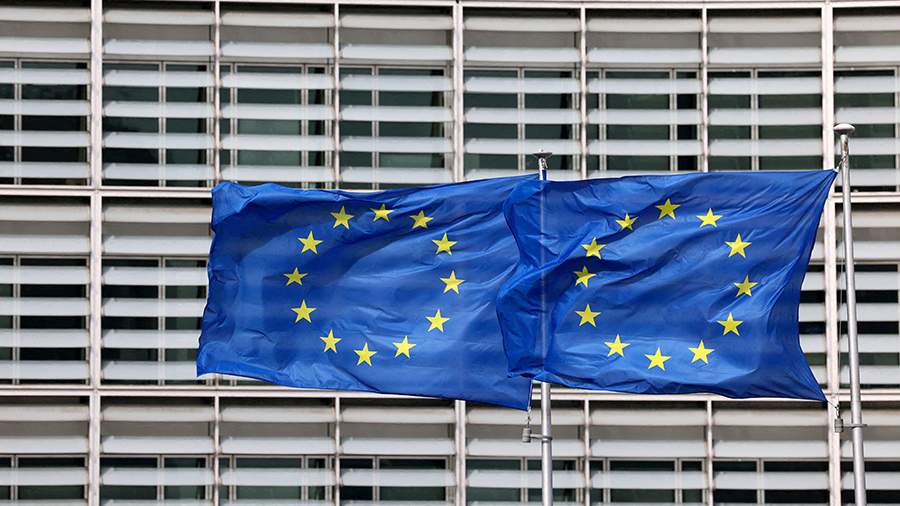
Who has the most expensive and cheapest gas in Europe?
The priciest gas for households in Europe this year can be found in the Netherlands and Sweden, while the most cost-effective options are in Belarus and Russia. This information pertains to calculations based on data from national statistical services.
In the first half of this year, Dutch households were charged 24 (euro) cents per kilowatt-hour of gas, while Swedish households were charged 21 cents. Residents of Liechtenstein were charged 19.4 cents per kilowatt-hour, while those in Denmark paid 16 cents per kilowatt-hour, and Austria charged 15.1 cents per kilowatt-hour.
You will need to pay between 10 and 15 cents per kilowatt-hour of gas in 13 countries, including Ireland, Germany, Greece, Latvia, and France. In Italy, Poland, and Lithuania, the price of a kilowatt-hour of gas is estimated to range from 5 to 10 cents.
Croats and Serbs are charged 4 cents per kilowatt-hour of gas. Fuel costs 3.3 cents in Hungary and 2.4 cents in Turkey, with the main supplies coming from Russia through the Turkish Stream. Gas prices in Russia and Belarus are the most affordable, with rates at around 70 and 60 kopecks per kilowatt-hour, respectively. 100 kopecks to 1 ruble.
During the first half of this year, the Netherlands experienced the most significant surge in gas prices among European countries, with an increase of +8.8 cents. Austria, Liechtenstein and Germany also saw notable hikes, with prices rising by +5.4 cents, +4.6 cents and +4.5 cents respectively. There was a rise in prices for blue fuel by 2-4cents during the first six months of this year in several countries, which comprise the Czech Republic, Poland, France, and Estonia.
Gas prices in the first half of the year decreased in eight countries, with Spain noting the most significant decrease by 2 cents and Greece following closely behind with a decrease of 1.3 cents.
